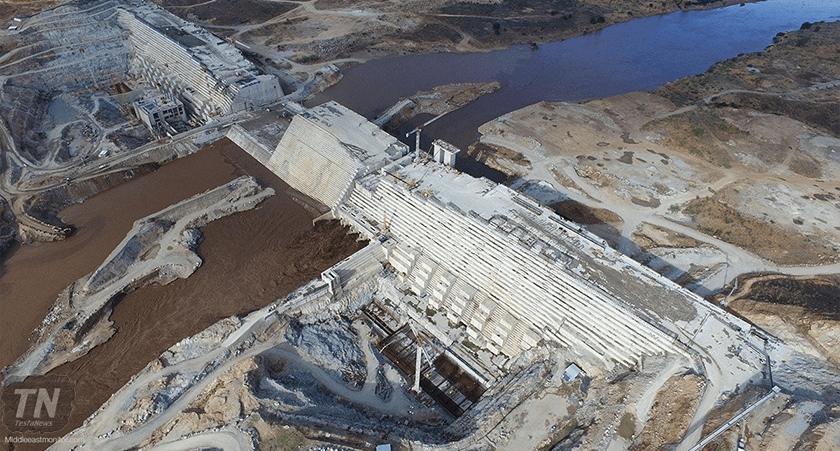
Following strenuous allegations from both the Egyptian and Ethiopian authorities regarding the Grand Ethiopian Renaissance Dam (GERD), Ethiopia president Abiy has asked South African President Ramaphosa to serve as mediator to the conflict.
At the sidelines of a press conference in South Africa’s Pretoria on Sunday, where the two Africa countries signed economic and tourism MOUs to cement their strategic partnerships, the presidents re-affirmed their intent to reach a fitting solution for all parties concerned.
Ethiopian Prime Minister Abiy Ahmed highlighted his aim to reach a “win-win approach with Egypt and Sudan” through the request of the intervention.
“As he (Ramaphosa) is a good friend for both Ethiopia and Egypt and also as incoming AU chair, he can make a discussion between both parties so as to solve the issue peacefully,” Abiy stated when prompted by a question on GERD.
On his part, Ramaphosa stated that both countries were committed to engaging in discussions to reach a solution which was reiterated to him through a brief discussion with Egyptian President Abdel Fattah Al Sisi.
“I believe that a solution is possible because the two countries are great countries and the nile river is important to both countries. There must be in which their interests can be addressed and a solution can be found. As for ourselves,w e are willing to play a role in facilitating whatever agreement that can be crafted and we will remain supportive to finding peaceful solutions,” said Ramaphosa.

Egypt has yet to comment on SA’s position as mediator.
However, the request follows some politically charged days in which Ethiopia accused Egypt of a “self-claimed sole ownership of the Nile waters”, an “inflexible position” and lacking “a spirit of cooperation” in a statement following the conclusion of the Trilateral Ministerial Technical Meeting.
The accusations were strongly refuted by Egyptian authorities, namely the Ministry of Foreign, who claimed that the statement was “deliberately misleading” and “distorting the facts”.
“Egypt clarifies that the reason for Ethiopia’s refusal to drain the natural discharge during the operationalization of the GERD is due to its intention to use this Dam, which only aims to generate electricity, to launch future projects and freely exploit the resources of the Blue Nile without paying attention to Egypt’s water interests and rights, guaranteed by international law,” the Ministry said in an official statement.
The heart of Egypt and Ethiopia’s disagreement lies in both countries’ proposals regarding the filing process as well as the allocation amount of water for each country, including Sudan.
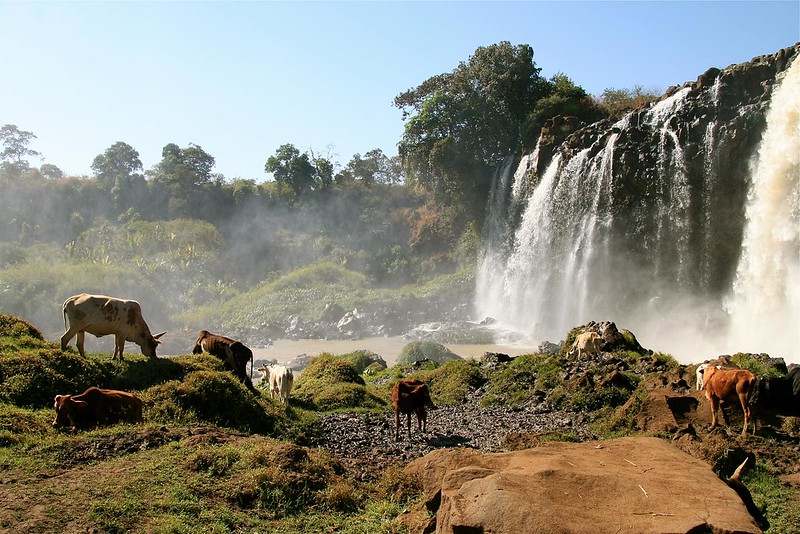
The filing process is the deliberate storage of water to perform the function for which the dam is designed. For this step, Ethiopia estimates 4 to 7 years as sufficient while Egypt insists on 12 to 21 years.
“We didn’t agree on the filling of the dam as Egypt presented a new proposal requesting the filling to be carried out in 12-21 years. This is not acceptable. We will start the filling of the dam by July,” stated Ethiopian Water Minister Sileshi Bekele as per Reuters.
After months in which the negotiations surrounding GERD had not moved forward, all three countries’ foreign ministers met with US Secretary of the Treasury, Steven Mnuchin, and the President of the World Bank, David Malpass, in Washington, D.C. on November.
It was then decided that the US Treasury, Egypt, Ethiopia and Sudan would have to resolve the Grand Ethiopian Renaissance Dam (GERD) negotiations stalemate by January 15, 2020.
As such, Egypt’s foreign minister Sameh Shoukry is currently in the US capital, Washington, along with Ethiopian and Sudanese water ministers for the January 13-14 meetings.
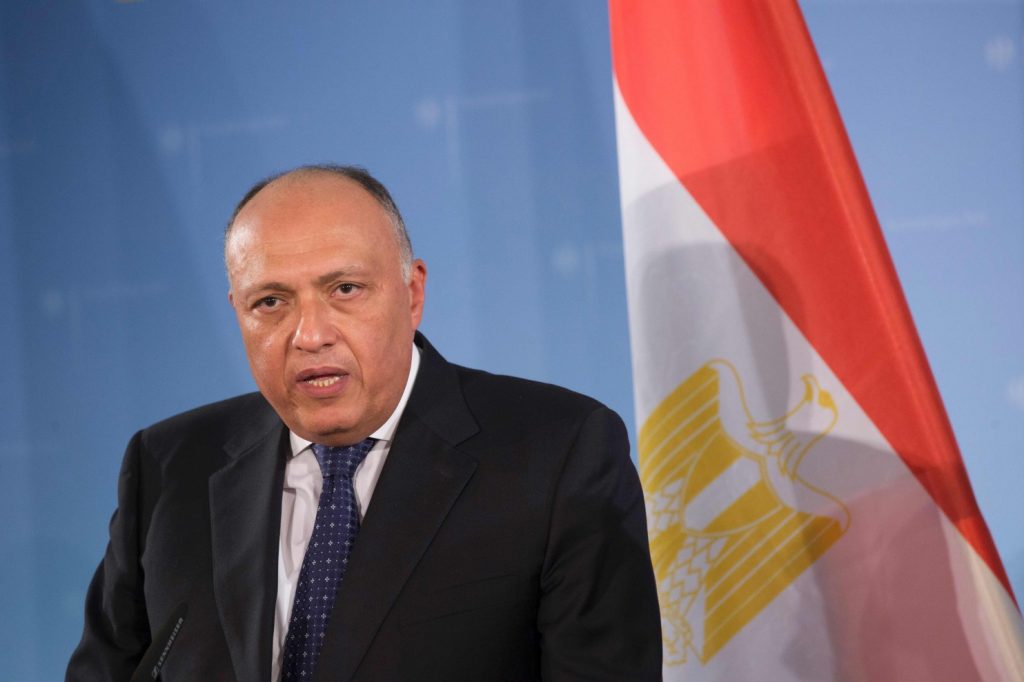
“If an agreement is not reached by January 15, 2020, the foreign ministers agree that Article 10 of the 2015 Declaration of Principles will be invoked.”
The “Declaration of Principles” is a document which was signed by Egypt, Sudan and Ethiopia in 2015 order to facilitate the dispute between the Nile basin countries over the Nile water.
It consists of ten core principles which call for respect of water use, cooperation of international experts, agreement on the GERD’s operation policies, and the purchasing of energy supplied by the dam. Its last article calls for meditation from heads of government, such as presidents or prime ministers, in case negotiations fail to solve disputes.
GERD, a $4.8 billion hydropower project, is set to be completed in 2022 and aims to boost Ethiopia’s economy despite being a crucial point of contention with Egypt for the last eight years.
Featured Image courtesy of Wikipedia/ Jacey Fortin
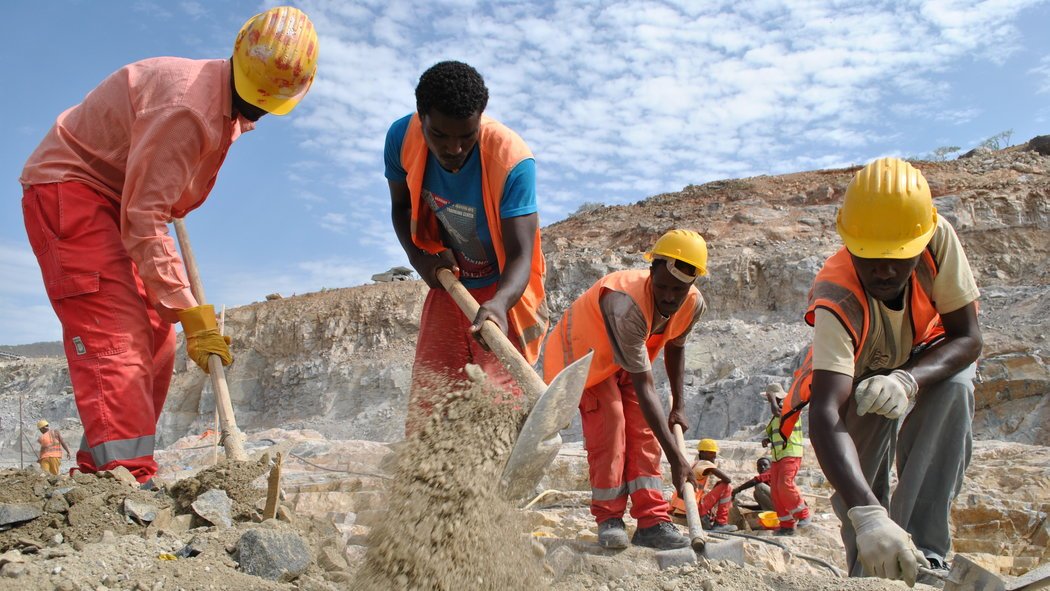


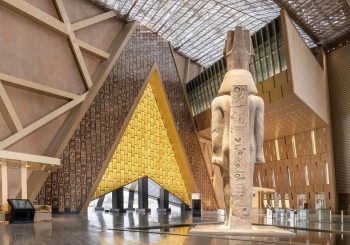
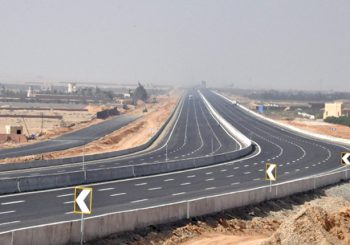
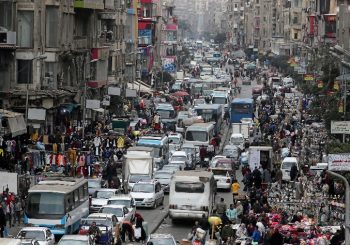
Comments (0)